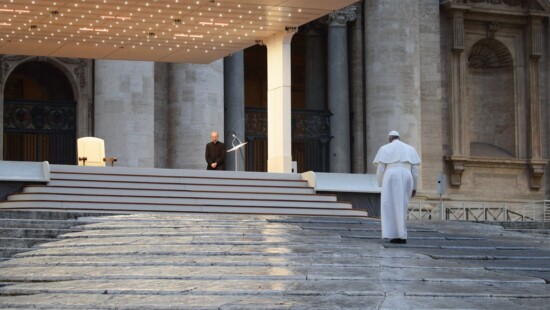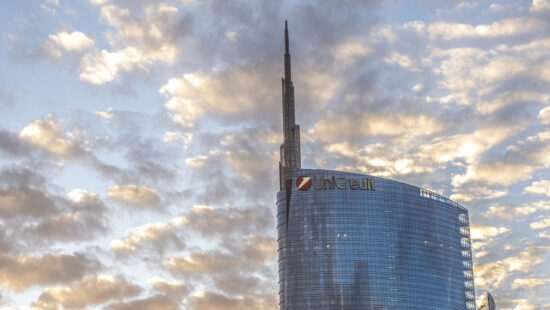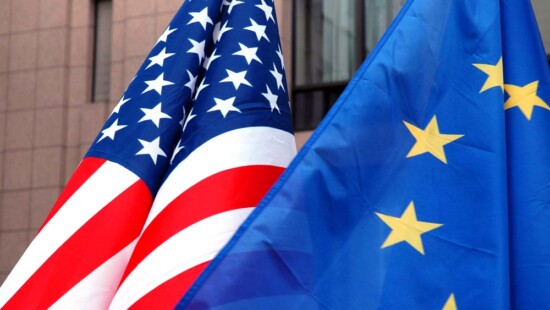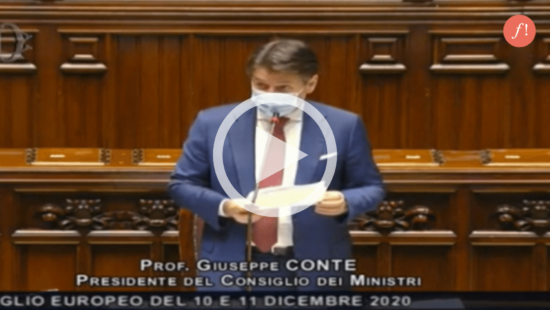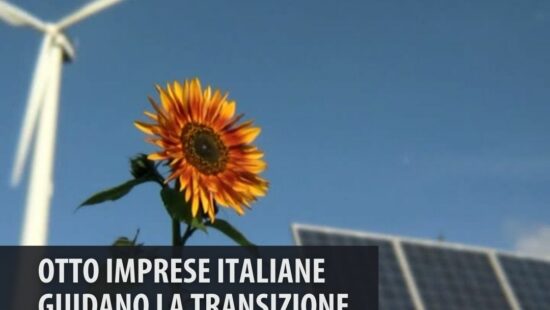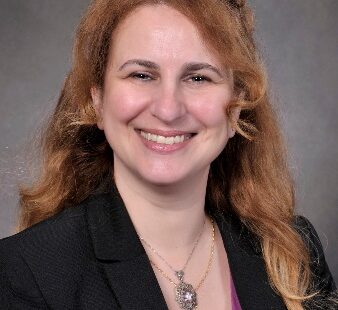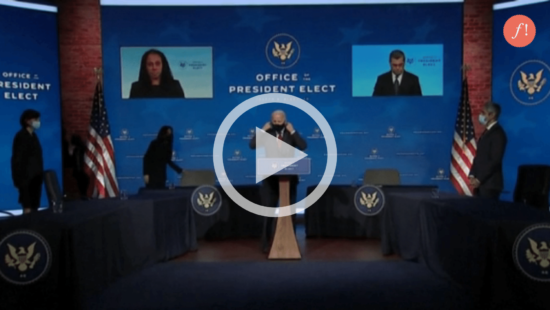Ben oltre ai collegamenti sul commercio militare, c’è una necessità sul terrorismo, una volontà geopolitica e uno spazio nel dibattito tra Macron e l’Islam a tenere insieme Francia ed Egitto. Conversazione con Jean Pierre Darnis, docente di Relazioni internazionali e Relazioni franco-italiane all’Université Côte d’Azur di Nizza e Scientific advisor dello Iai
Archivi
I papi “comunisti” e la condivisione dei beni. Scrive D'Ambrosio
La Chiesa è a favore di un regime di proprietà privata, non però di un regime di proprietà privata qualsiasi. Il Vangelo ci pone in guardia dall’attaccamento ai beni, ci sprona a soccorrere i fratelli in difficoltà e ci indica la povertà, sia spirituale che materiale, come via privilegiata per il Regno dei Cieli. L’analisi di Rocco D’Ambrosio, presbitero della diocesi di Bari, ordinario di Filosofia Politica nella facoltà di Filosofia della Pontificia Università Gregoriana di Roma
Unione bancaria, ecco perchè Bloomberg cita il caso Unicredit
La manina pubblica che ha spinto Mustier al passo indietro rivela una seconda verità. Le banche europee non hanno più fretta di condividere regole e rischi nell’ambito dell’unione bancaria, in tempi di pandemia meglio attaccarsi al proprio Paese. Il manager francese la pensava diversamente, per questo è saltato. Gli investitori, comunque, non sono tranquilli
Un’agenda Usa-Ue per sfidare la Cina. Il dibattito all’Atlantic Council
Alleanza tecnologica ma non solo. Ecco cosa si è detto all’Atlantic Council sull’idea del club delle democrazie anti Cina. Presente anche Quartapelle (Pd) che ha sottolineato l’urgenza della web tax
Riforma Mes, l'appello di Conte: "Serve coesione per battersi in Ue". Il video
Riforma Mes, l'appello di Conte: "Serve coesione per battersi in Ue" [embedyt] https://www.youtube.com/watch?v=nleEo2rrDmk[/embedyt] Roma, 9 dic. (askanews) - La riforma del Mes è già migliorata grazie all'Italia e ora si sta lavorando a una proposta innovativa per trasformarlo in un nuovo strumento, ha detto il presidente del Consiglio Giuseppe Conte, in aula alla Camera in vista del Consiglio europeo. E…
Così Mosca vuole reprimere i dissidenti
Approvata in prima lettura dalla Duma una legge che punisce chiunque riceva sostegno dall’estero, che limita riunioni pubbliche e pubblicazioni online. Una normativa che potrebbe reprimere ulteriormente il dissenso e aumentare la pressione sull’opposizione in Russia
Per un futuro (sicuro) del lavoro smart e non. Le innovazioni Webex di Cisco
Cisco ha presentato questa mattina un ampliamento della linea di dispositivi per aiutare le aziende a sfruttare al meglio l’evoluzione tecnologica e per migliorare l’esperienza dei lavoratori da remoto e favorire un rientro sicuro in ufficio
Enel e Leonardo guidano la transizione sostenibile. La scheda video di Rosario Cerra
Enel e Leonardo guidano la transizione sostenibile. La scheda video di Rosario Cerra [embedyt] https://www.youtube.com/watch?v=Rzz0C9f7M_o[/embedyt] Sono sempre più importanti i riconoscimenti internazionali ottenuti dalle imprese italiane nel campo della #sostenibilità. Tra questi, la classifica della ONG Carbon Disclosure Project (CDP) e l'articolo di Le Monde che evidenzia come, puntando sulla transizione energetica, Enel sia diventata il simbolo del rinnovamento delle «utilities». La scheda video di…
Chi è Angela Natale, nuova presidente di Boeing Italia
Ingegnere, originaria di Caserta, in Boeing dal 2012 e con precedente esperienza in Alenia Aeronautica, Angela Natale sarà la nuova presidente di Boeing Italia, managing director per il sud Europa del campione americano dell’aerospazio
Usa, Biden: "100 milioni di vaccinazioni nei miei primi 100 giorni". Il video
Usa, Biden: "100 milioni di vaccinazioni nei miei primi 100 giorni" [embedyt] https://www.youtube.com/watch?v=94S2RWD3S7A[/embedyt] Roma, 9 dic. (askanews) - Il presidente eletto degli Stati Uniti Joe Biden ha fissato l'obiettivo di 100 milioni di vaccinazioni contro il Covid-19 nei suoi primi 100 giorni di presidenza. Biden ha spiegato che non si riuscirà a mettere subito fine alla pandemia nei suoi primi…





